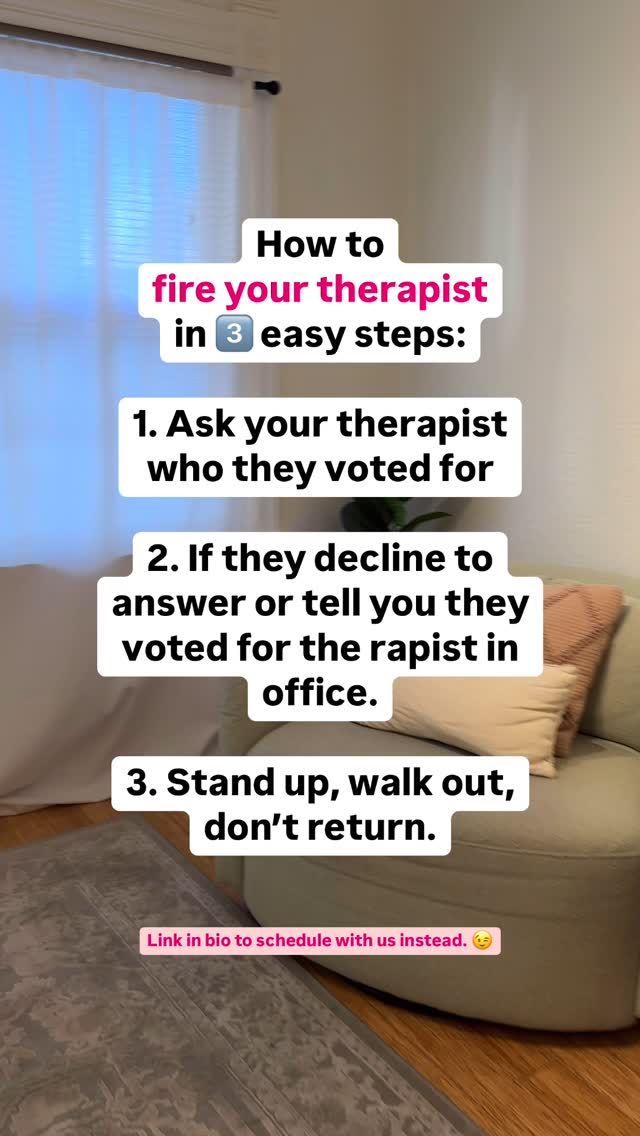Imagine having an enjoyable, intimate moment with your partner. You feel connected, safe, relaxed, and playful – nothing else is on your mind besides enjoying the present moment. The sexual energy gradually builds up and just when you two are about to physically connect, something happens. Suddenly, you don’t feel safe in your body anymore and you’re not sure why – or maybe you are. Perhaps it was a movement or a position that triggered this feeling; perhaps the time of day reminds you of something that happened before.
Your mind is taken back to a time when you were not safe – a traumatic sexual experience. Your body suddenly tenses up, your heart beats fast, you become tearful, and your partner wonders what is wrong. It’s hard for you to understand why this response comes up for you when you know that your partner is a safe person. You feel confused. You feel frustrated that a past experience is a barrier to sexual intimacy with your partner. You feel sad that you were robbed of enjoying a connecting moment of sexual intimacy with your partner. You may worry that this negatively impacts the relationship. Maybe this story resonates with you.
I want to emphasize that you are not alone, that this is not your fault, and that there are ways to find joy in sex again. It IS possible to find joy in sex again. You CAN find joy in sex again.
The following are some tips on how to do so:
Communicate with your partner
Communication is the foundation and backbone of any relationship. It is especially important in navigating trauma symptoms. Having open discussions with your partner about your experience and what you need from them during tough moments is essential; these discussions can help your partner better understand how to support you. Additionally, having open conversations can deepen emotional intimacy, can increase feelings of safety, can reduce worry and anxiety with relationship concerns, and can help you both be on the same page.
Educate yourself
Learning about trauma symptoms and how they impact the nervous system can help us better understand and navigate the symptoms themselves. Having a better understanding of what is happening in your mind and body can help reduce confusion around the experience. Ultimately, trauma symptoms show up because your nervous system is attempting to protect you from what your body perceives as threat, otherwise known as a trigger. Therapists can provide psychoeducation and educational tools to help you better understand what is happening in your mind and body when you are triggered. Therapists can also help you identify the triggers themselves. It is also important that your partner joins in on this educational piece.
Develop a plan for trauma symptoms
It can be extremely helpful to have a plan for when trauma symptoms show up – even better if you and your partner can create a plan together. A common course of action is pausing sexual intimacy and engaging in grounding exercises to soothe the nervous system. An example of this is the four-square breathing technique, also called “box breathing”; this exercise involves inhaling for a count of four seconds, holding the breath for four seconds, releasing the breath for four seconds, holding the lungs empty for a four-count, and then repeating the process. In addition to helping manage panic symptoms, research on breathwork suggests that it is useful for stress management and reducing blood pressure. We can also pair our breathwork with a calming mantra such as “I am safe and I will get through this.” You may want space or you may want your partner to be present.
Focus on safety
Safety is another essential, foundational piece of any relationship. Feelings of safety need to exist in order to find joy and freedom in sexual intimacy. Even if you are partnered with a safe person, trauma symptoms can make us feel unsafe, as they trigger our nervous system to enter “fight/flight/freeze mode.” As part of communicating with your partner, it can be helpful to discuss “safe” zones, positions, and behaviors. I often recommend that my clients slow down during sexual intimacy and use a rating system (ex: 1 being “this is uncomfortable for me/triggers me” and 10 being “this is GREAT and pleasurable/I feel safe”) to communicate what they feel throughout an experience.
Seek Therapeutic Help.
Therapists can provide empathy and compassion while helping you work through the root of the issue in a safe way. I support my clients through providing sex therapy, trauma-informed therapy, individual therapy, and couple’s therapy. It is my passion to help my clients find connection, safety, and joy in intimacy. For help with this, more tips, and attentive support, please don’t hesitate to reach out to me at Love Heal Grow.

Hi, I’m Ashley Barnes, therapist for individuals and couples at Love Heal Grow Counseling.
I help individuals and couples who seek to improve and enhance their relationships, those who wish to heal from painful experiences and navigate big life changes, and those who aspire to improve their mental well being.
You can read more about me or schedule an appointment here: About Ashley






